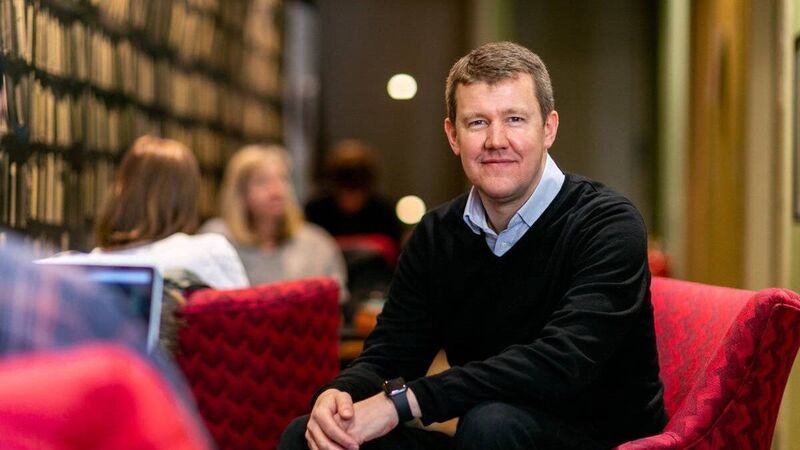Irish business evolves with era of hybrid work

Matt Elliott, chief people officer, Bank of Ireland, said that the bank is establishing 11 remote working hubs where employees can book a desk. More than three-quarters of the bank's staff now want to work from home for a substantial part of the week.














